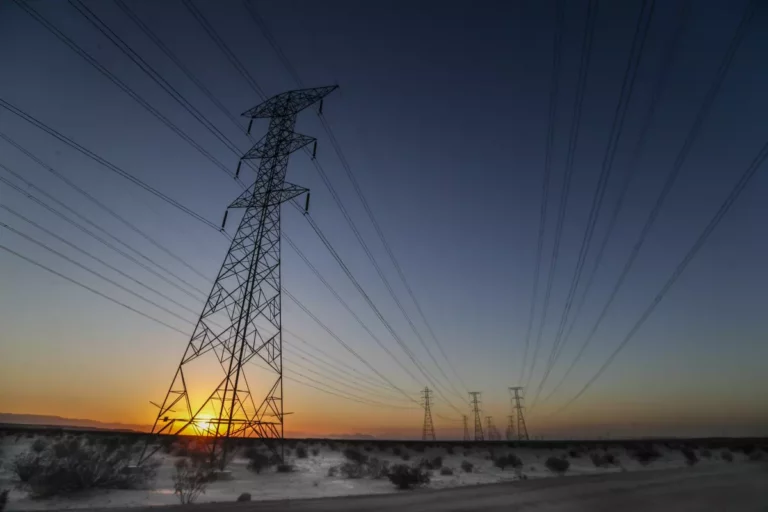House Republicans Introduce Bill to Boost Energy Production with the “Strategic Production Response Act”
As the 118th Congress begins its work this week, House Republicans are getting straight to business and have introduced several bills to address the ongoing energy cost crisis impacting American families. The Strategic Production Response Act, which was introduced this week, aims to develop a plan “to increase oil and gas production under oil and gas leases of Federal lands,” in combination with a drawdown of the Strategic Petroleum Reserve.
This bill would amend the Energy Policy and Conservation Act (42 U.S.C. 6241), which first established the SPR, by adding a new subsection requiring the Secretary of Energy to develop a plan to increase the percentage of federal lands leased for oil and gas production by the same percentage that the SPR is to be drawn down in the first and subsequent releases. The bill would prohibit any more SPR drawdowns after the legislation is enacted, until a plan is developed.
It is encouraging to see House Republicans move quickly to address the administration’s counterproductive actions, including the significant drain of emergency reserves from our national stockpile, and a refusal to utilize leases on federal lands for more energy production. When President Biden was sworn in, the SPR stood at 638 million barrels, but that has dropped to 371 million – a 40 percent reduction in oil reserves.
By tying releases from the SPR to federal leases, the Strategic Production Response Act incentivizes the administration and its relevant agencies to consider forward looking policies rather than short term band-aids. Releasing oil from the SPR was, and is, not a viable solution towards insulating the U.S. from volatile energy costs. The only way to secure our future energy independence is to utilize the vast land and natural resources our country enjoys.
Developing a robust oil and gas plan for federal lands is a good start. The administration should facilitate infrastructure projects on these lands as well. Simply delegating areas for lease is not enough. Our domestic energy sector needs to be supported in its full capacity.

